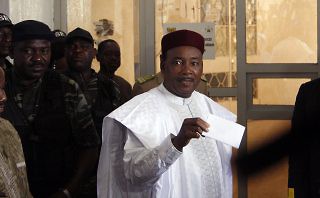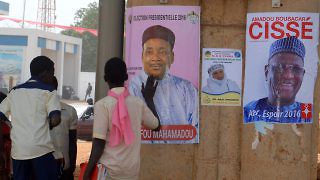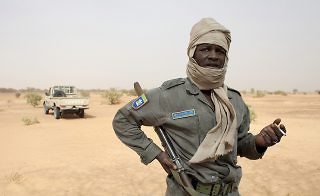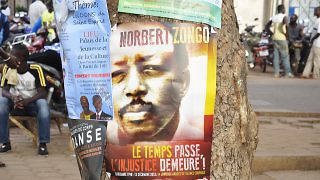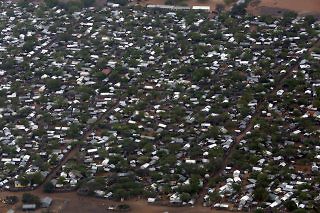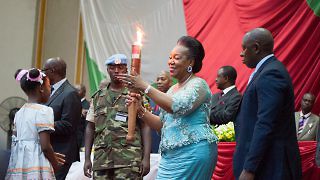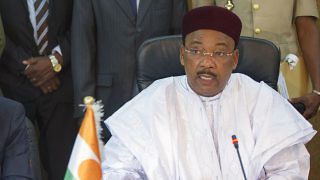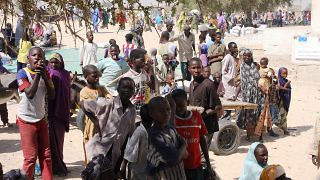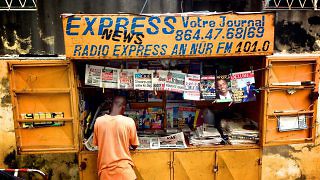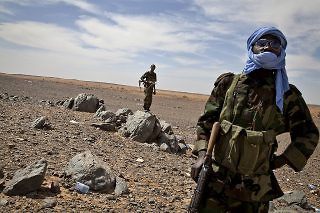Issoufou’s immediate concerns center on security, both in terms of restoring full control over the southeastern Diffa Region, which has been badly affected by Boko Haram, and by preventing attacks elsewhere, especially in the capital.
Author: Alex Thurston
-
-
Niger will hold general elections on February 21st, the outcome of which will have repercussions for the interplay of security and democracy across the Sahel region.
-
Mauritania is not a powder keg. Mauritania is a poor country with major internal divisions over race, and the country saw some protests during the Arab Spring, but overall the ruling elite has a firm grip on power.
-
Given that activists are not content with mere promises of legal action from the new regime, its performance in investigating Zongo’s and Sankara’s deaths will be one bellwether of its relationship with the protesters who toppled Compaoré.
-
While Garissa was a turning point, Kenyan’s politics have long been influenced by the fight against terrorism—at least since the 1998 bombings of US embassies in Kenya and neighboring Tanzania, and especially since 9/11.
-
The talks in the capital Bangui aimed to help resolve the political and sectarian conflict that started in late 2012 with the formation of the rebel coalition Séléka.
-
Many of the migrants who attempt to cross the Mediterranean come from the Sahel, but the region’s governments have mostly been silent on the shipwrecks.
-
Of all neighboring countries, Niger is the worst affected by Boko Haram in humanitarian terms. Niger is, according to some measures, the poorest country in the world.
-
In different ways, the two important trials are calling attention to lingering conflicts between Senegal’s present government and the previous one.
-
To achieve stability, Mali’s leaders and partners will need to think in terms of years of reconstruction and peacebuilding.

